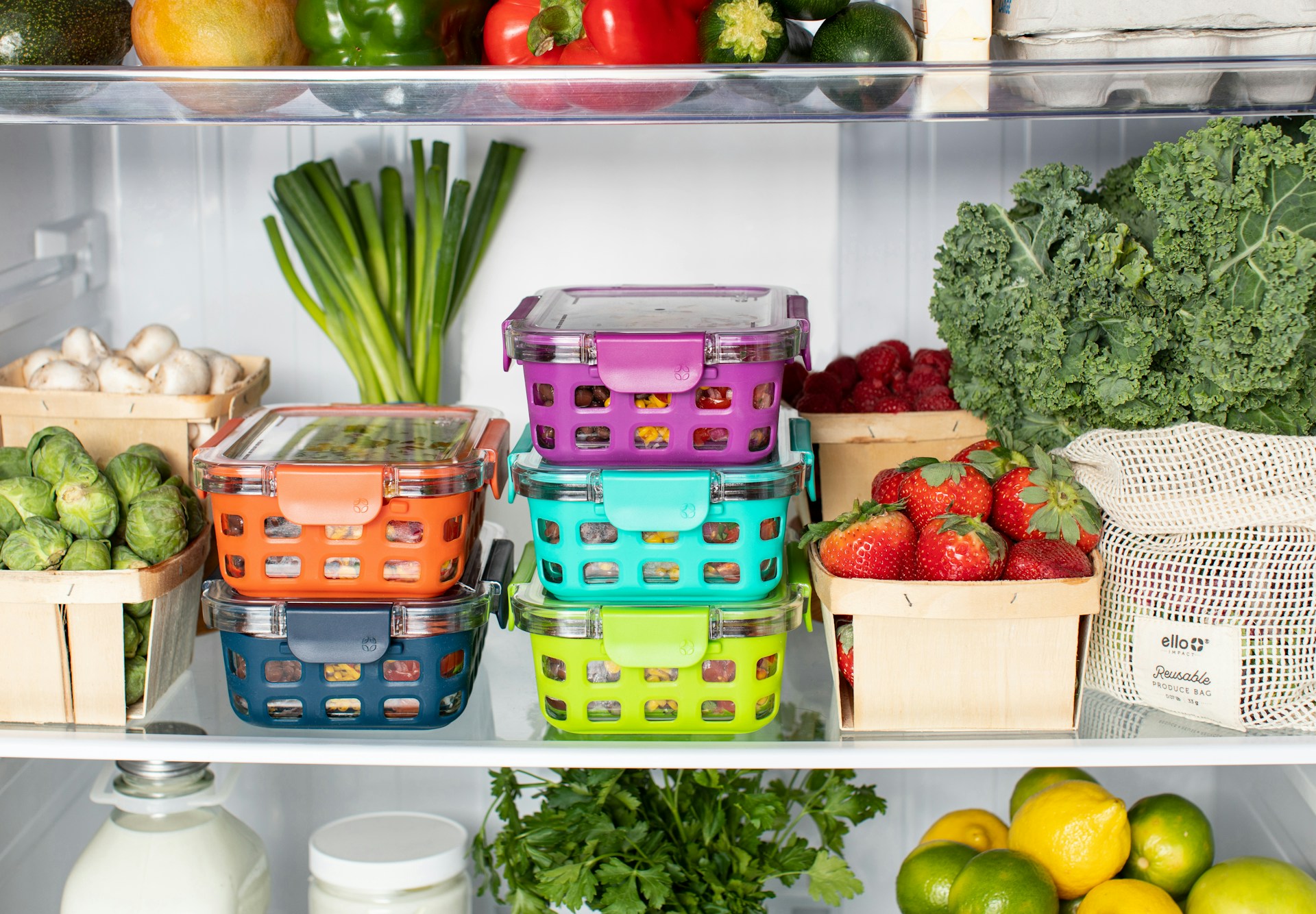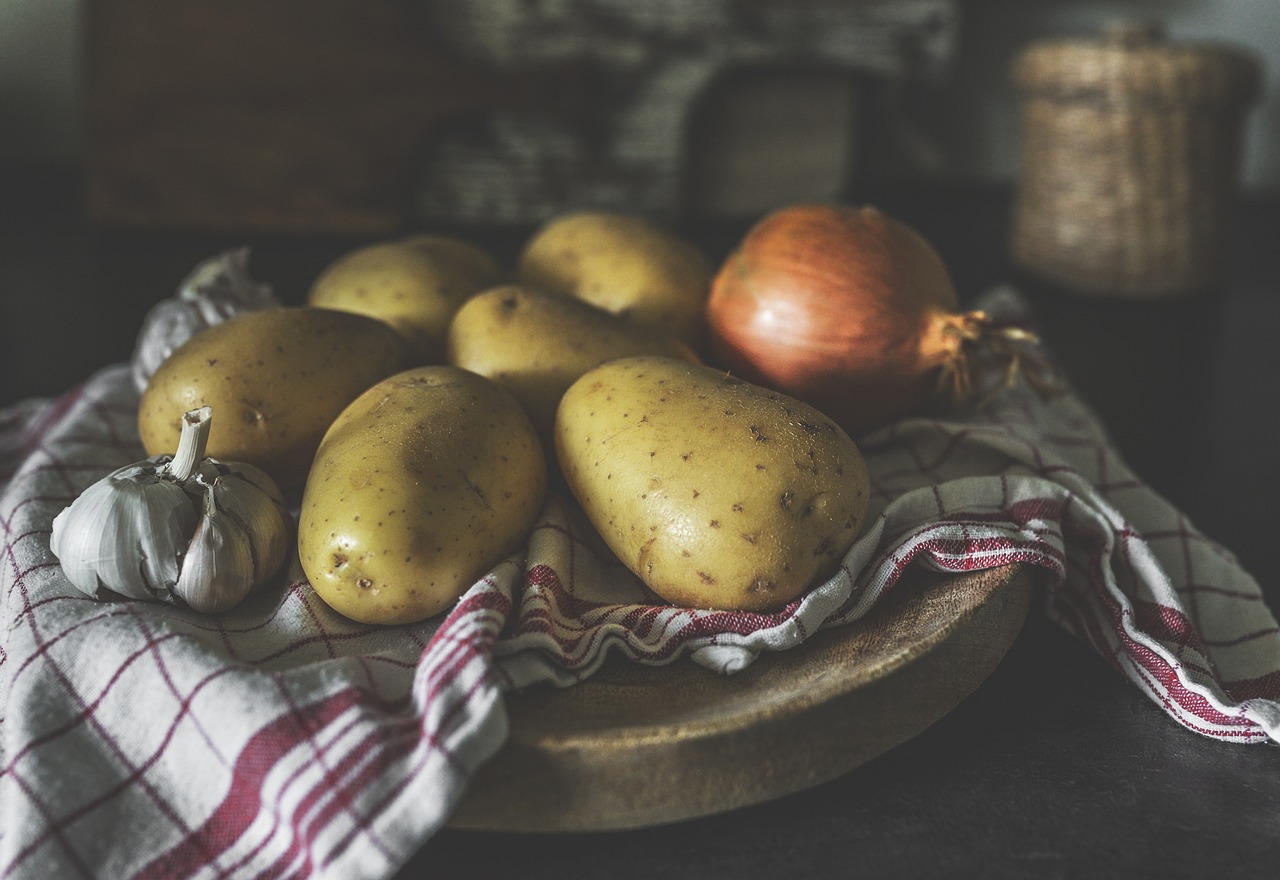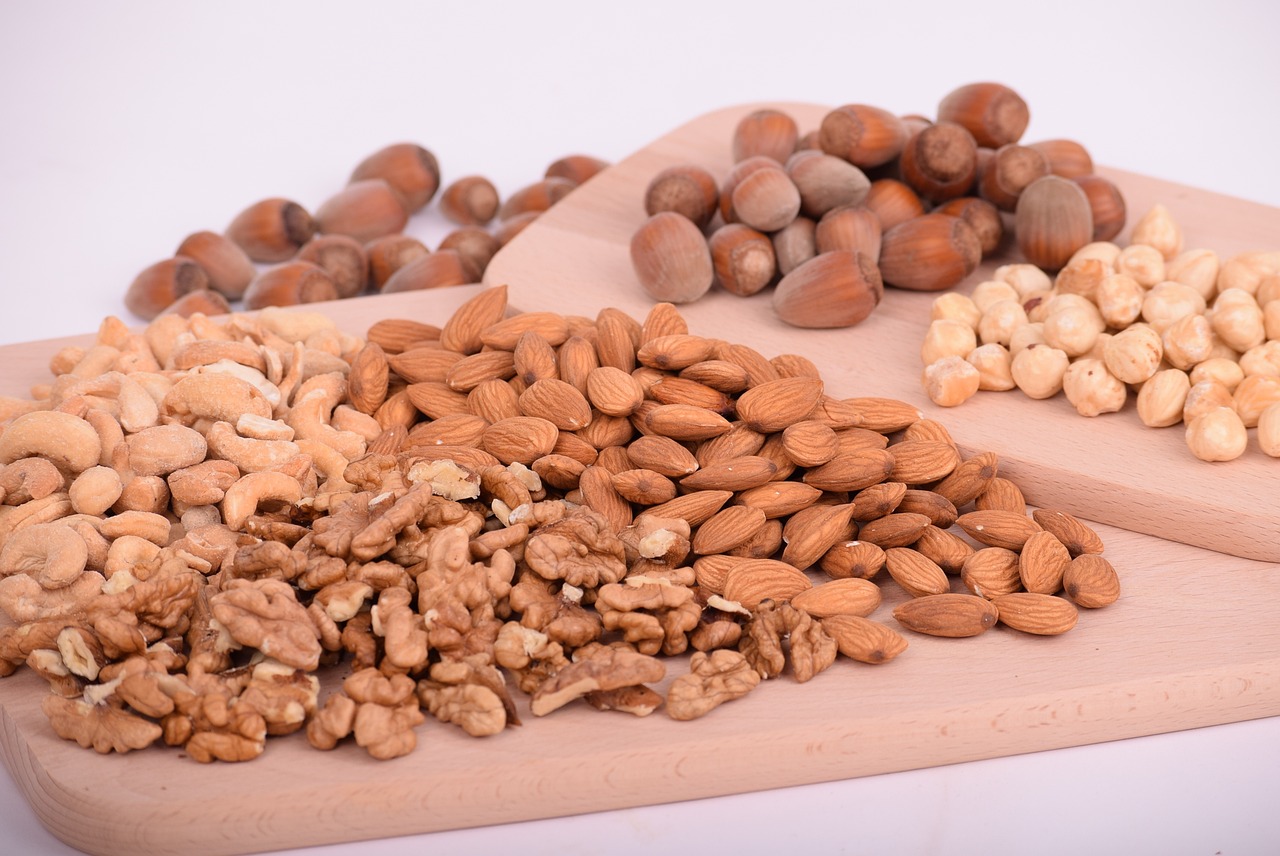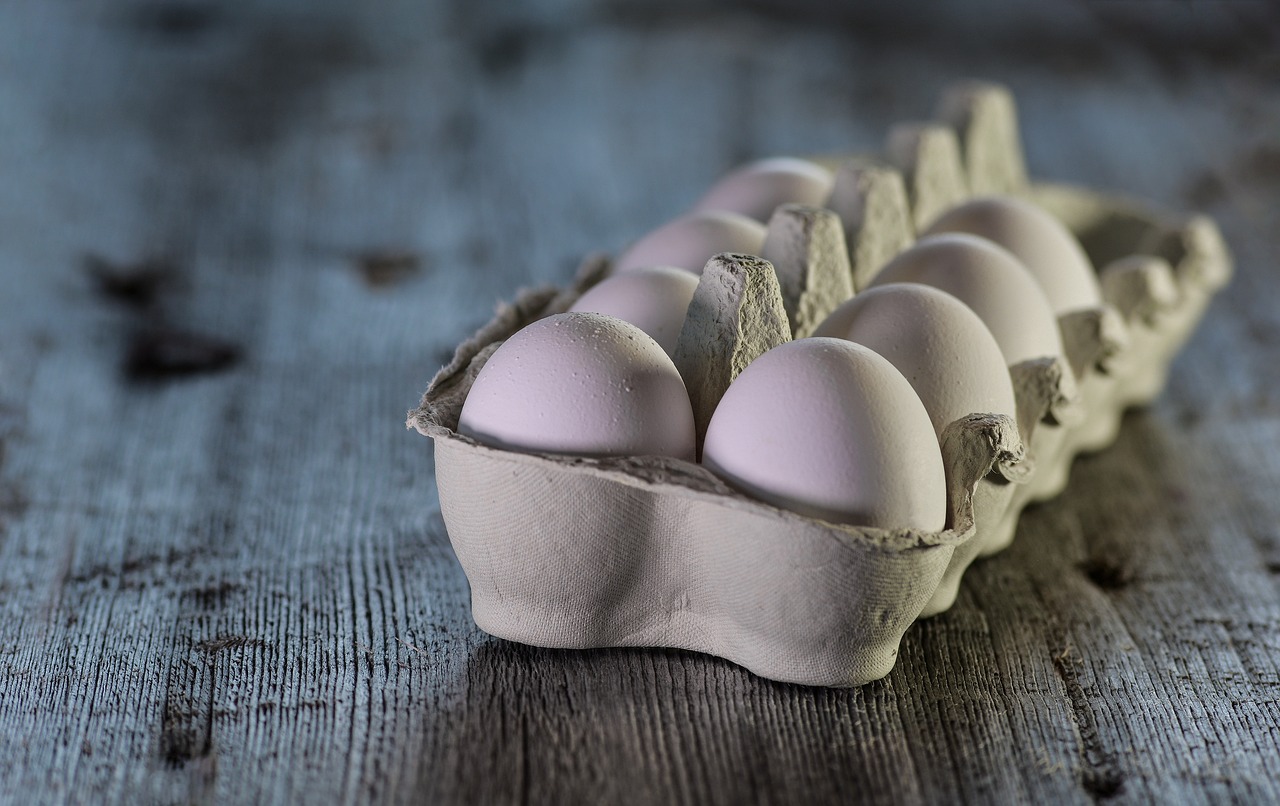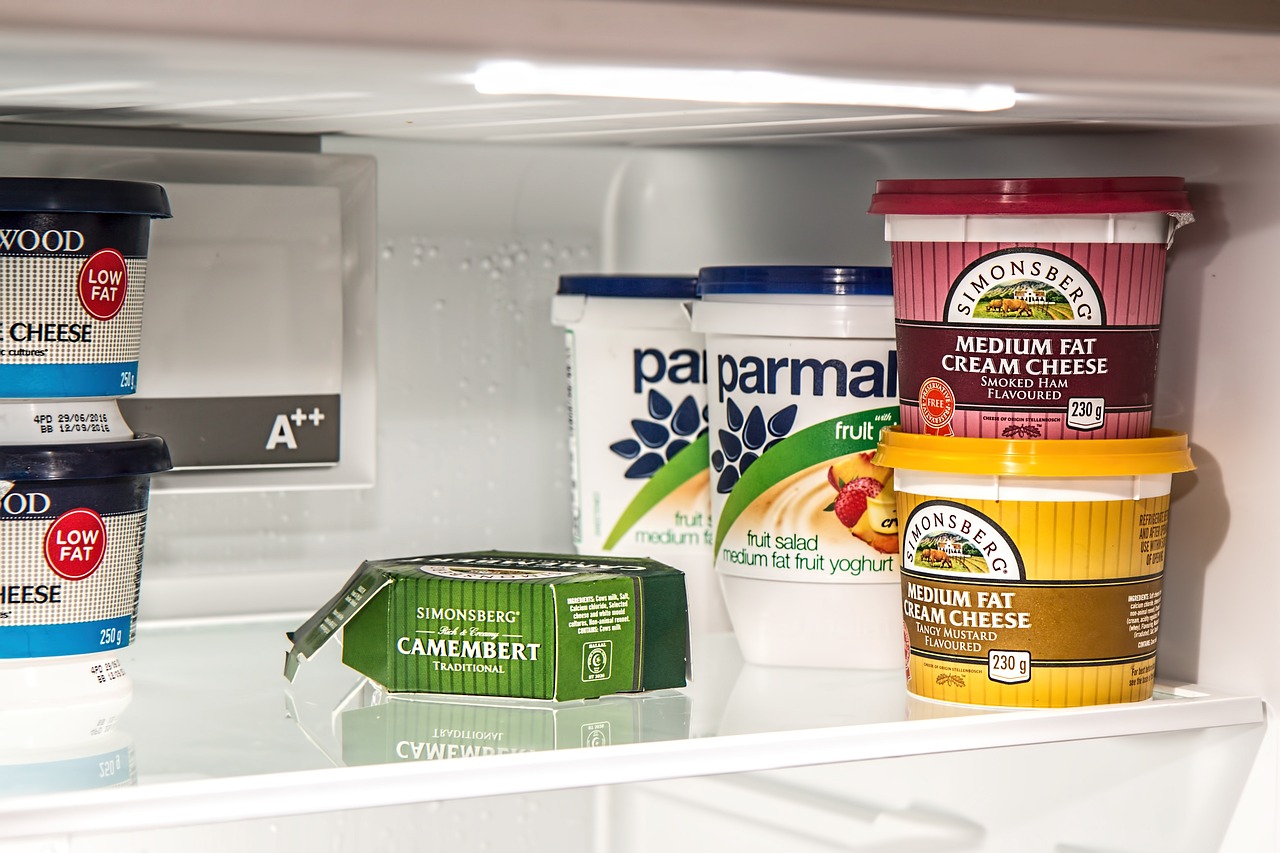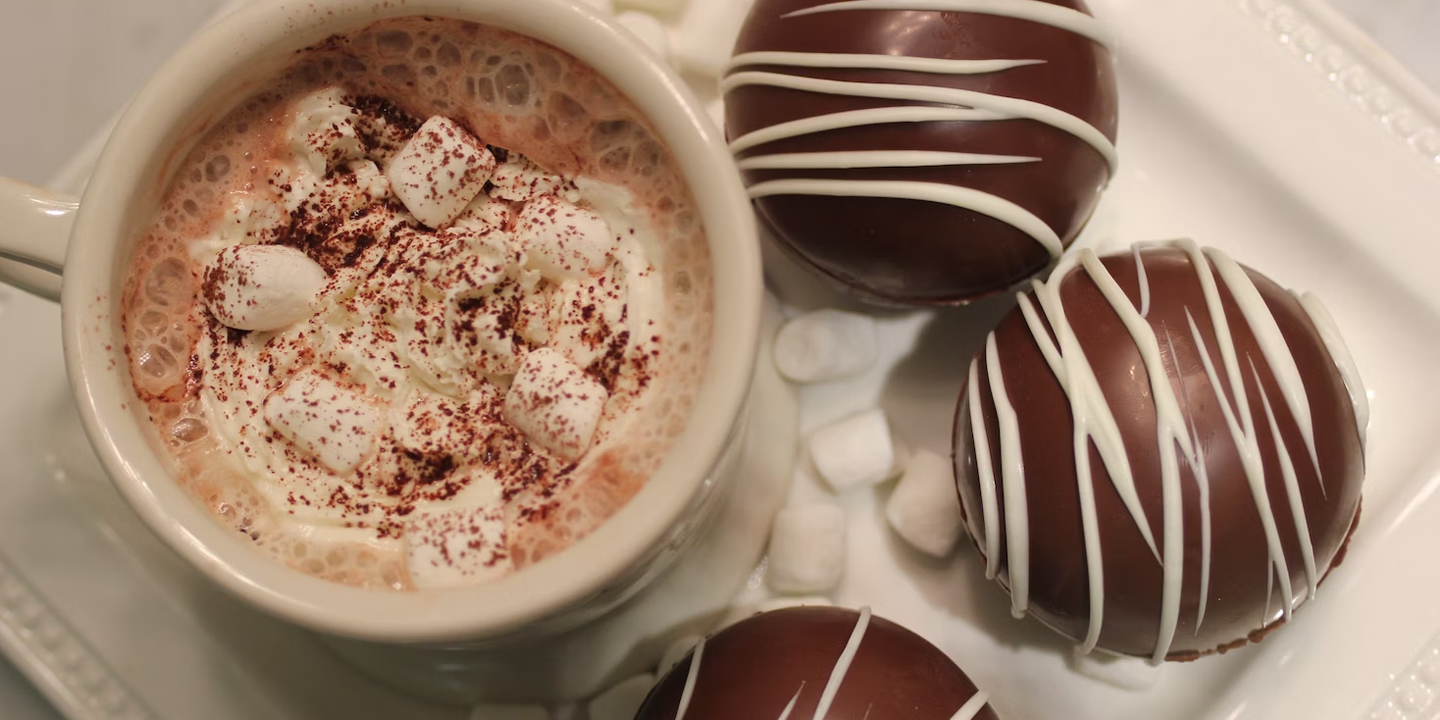Did you know there's more to storing your food than just throwing them in containers and tossing them in the fridge? Different fruits and vegetables have different requirements, with some that shouldn't even be put next to one another! To help improve the lifespan of your groceries, we're about to teach you 20 ways you're storing your food wrong and how to fix it.
1. Storing Tomatoes in the Fridge
If you're keeping your tomatoes in the refrigerator, you might want to take them out. Keeping tomatoes in the fridge can cause them to lose their flavour and become mushy; they're best stored at room temperature and away from direct sunlight if you want to maintain their taste and texture for as long as possible.
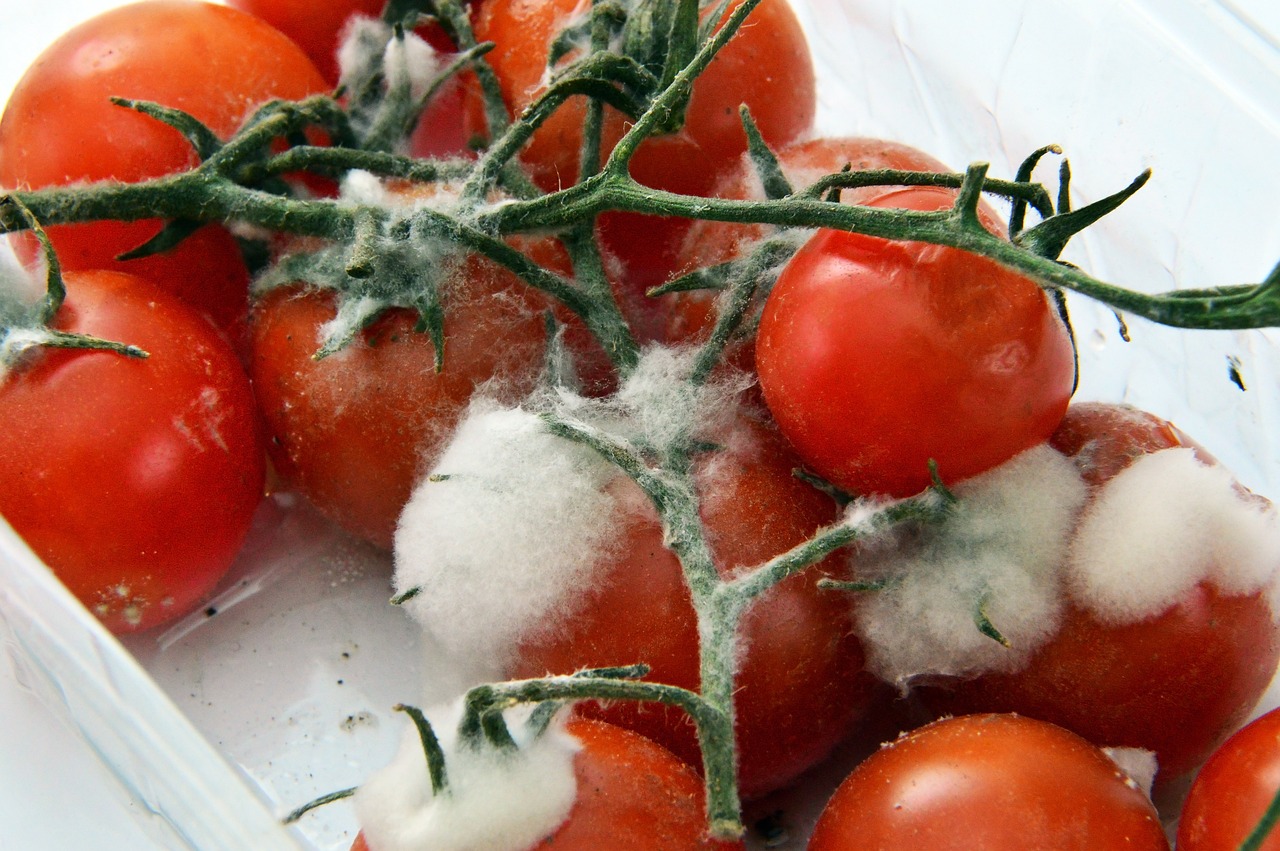 Image by Gábor Adonyi from Pixabay
Image by Gábor Adonyi from Pixabay
2. Putting Bread in the Refrigerator
Did you know refrigerating bread actually speeds up the staling process? The cold temperature causes the starch molecules in bread to crystallize faster. It's better to keep bread at room temperature for short-term use, or if you need to, freeze it instead for long-term storage.
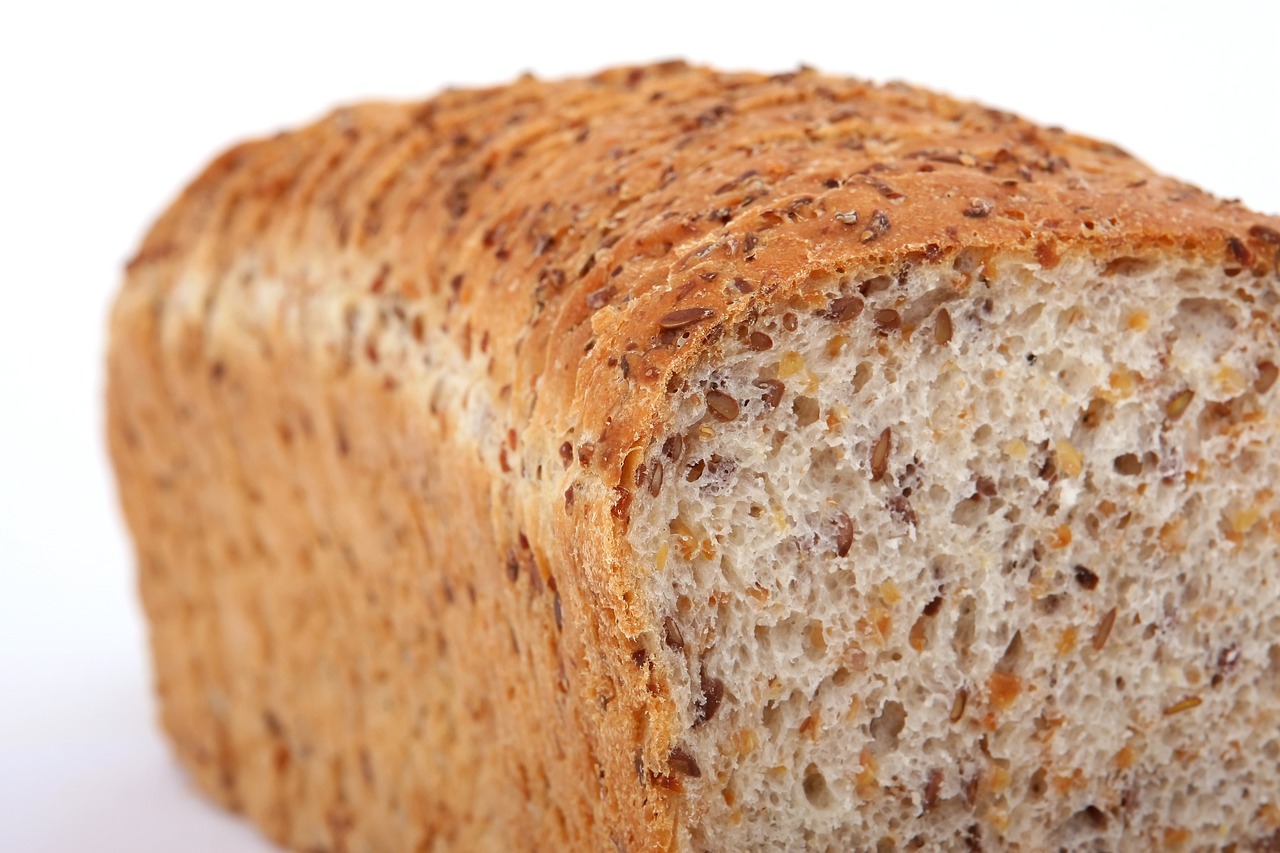 Image by Robert Owen-Wahl from Pixabay
Image by Robert Owen-Wahl from Pixabay
3. Overcrowding the Fridge
Overloading your refrigerator can be more detrimental than beneficial - it blocks air vents and restricts airflow, causing uneven cooling. This can lead to some food spoiling faster and inefficient energy use.
4. Storing Onions with Potatoes
Whether you've done it on accident or on purpose, onions and potatoes should never be stored together; the gases from the onions can cause the potatoes to sprout faster. Instead, both should be kept in a cool, dark place but remember to store them separately.
5. Washing Fruits and Vegetables Before Storing
Although you might think you're saving yourself time, washing fruits and vegetables before storing them can actually introduce moisture that encourages mold growth. It's better for you to wash them right before you're ready to use them.
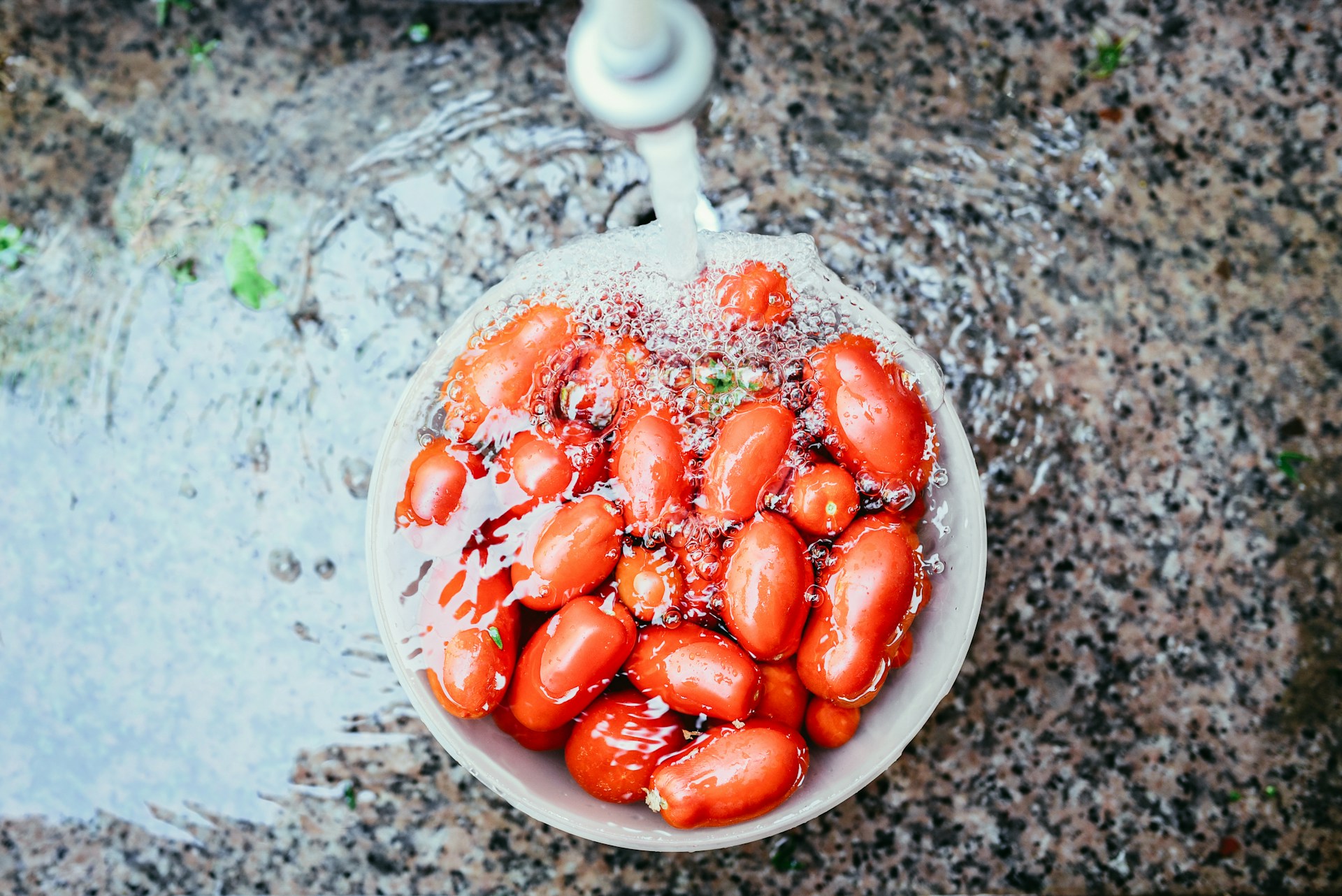 Photo by davide ragusa on Unsplash
Photo by davide ragusa on Unsplash
6. Keeping Dairy Products on the Fridge Door
The temperature on the fridge door fluctuates more than the interiors shelves, which means storing milk, cheese, and other dairy products can lead to unwanted spoilage. For safe measure, they should be kept in the interior shelves where the temperatures are more stable and consistent.
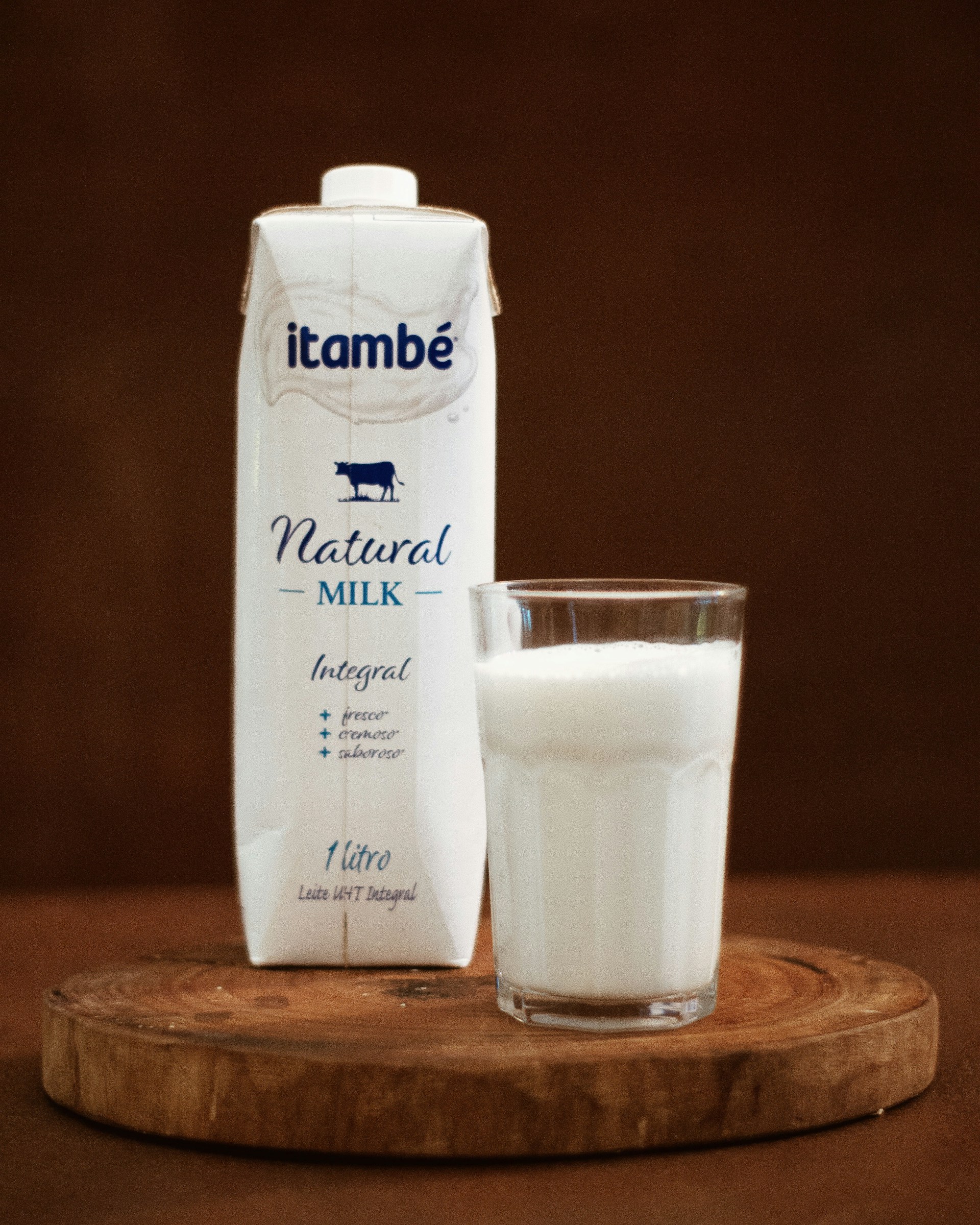 Photo by Gabi Miranda on Unsplash
Photo by Gabi Miranda on Unsplash
7. Storing Honey in the Refrigerator
When refrigerated, honey becomes thick and crystallized, far from the ideal texture you're looking for. Because honey is already naturally resistant to bacteria and spoilage, it's safe to store it at room temperature. Just make sure it's in a tightly sealed container!
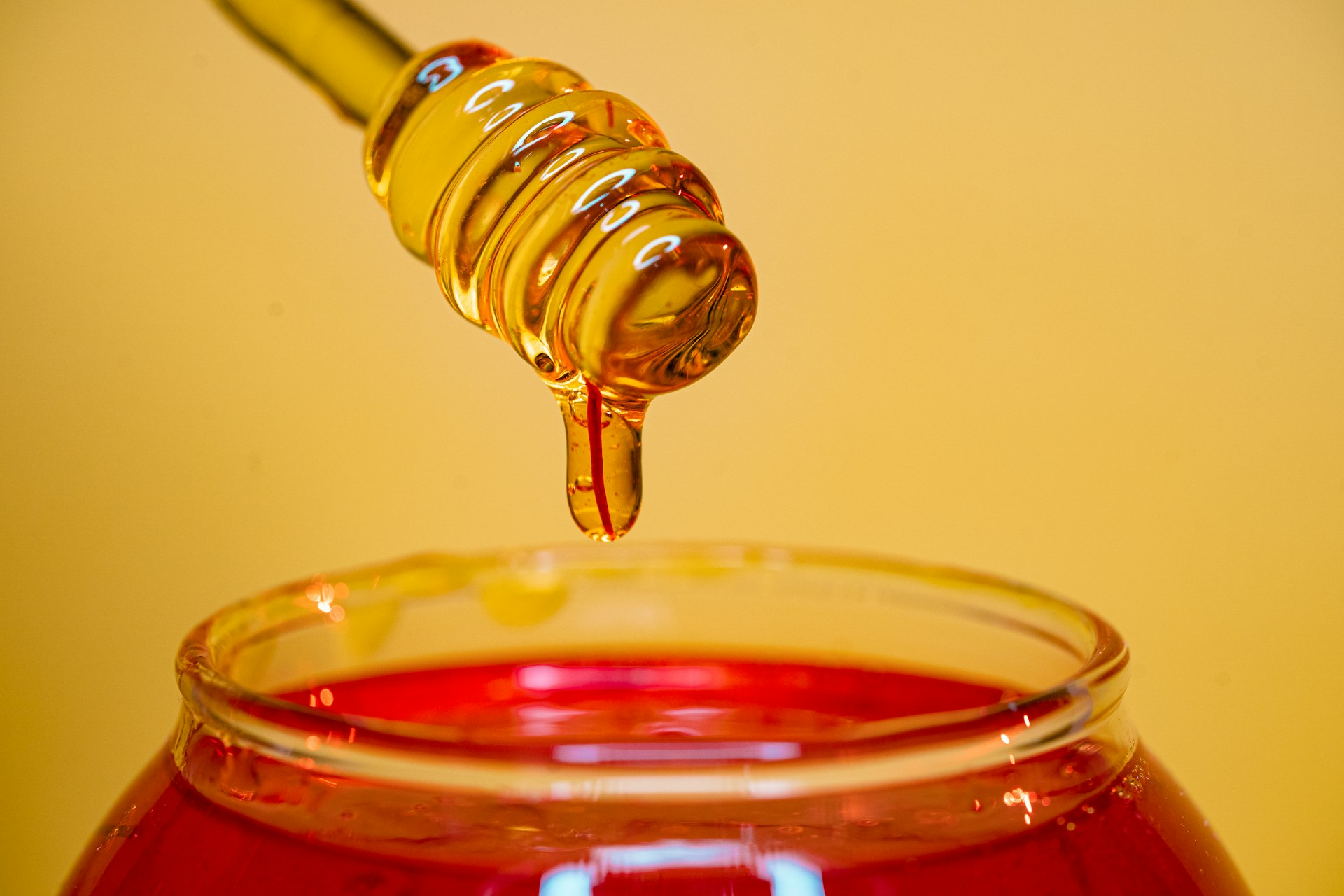 Photo by Benyamin Bohlouli on Unsplash
Photo by Benyamin Bohlouli on Unsplash
8. Incorrect Coffee Storage
Coffee, whether it be ground or in bean form, should not be stored in the fridge or freezer. This is because coffee can absorb other odors and moisture, ruining its own flavour and taste. It's best to keep them in an airtight container in a cool, dark place.
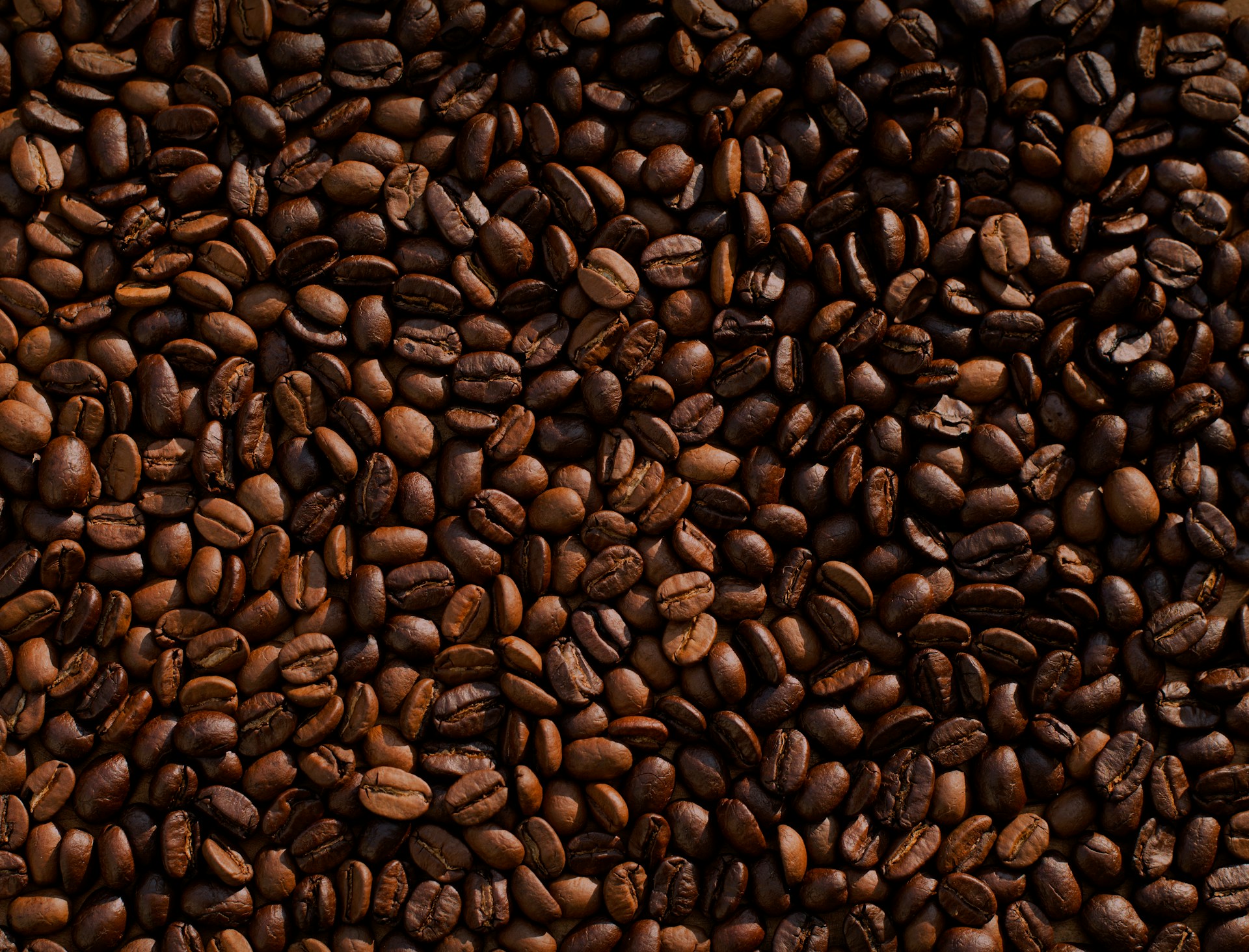 Photo by Mike Kenneally on Unsplash
Photo by Mike Kenneally on Unsplash
9. Keeping Herbs in the Pantry
Fresh herbs can wilt and lose their flavour quickly if stored in the pantry. Instead, to help them last longer, store them in the refrigerator either wrapped in a damp paper towel or standing upright in a glass of water.
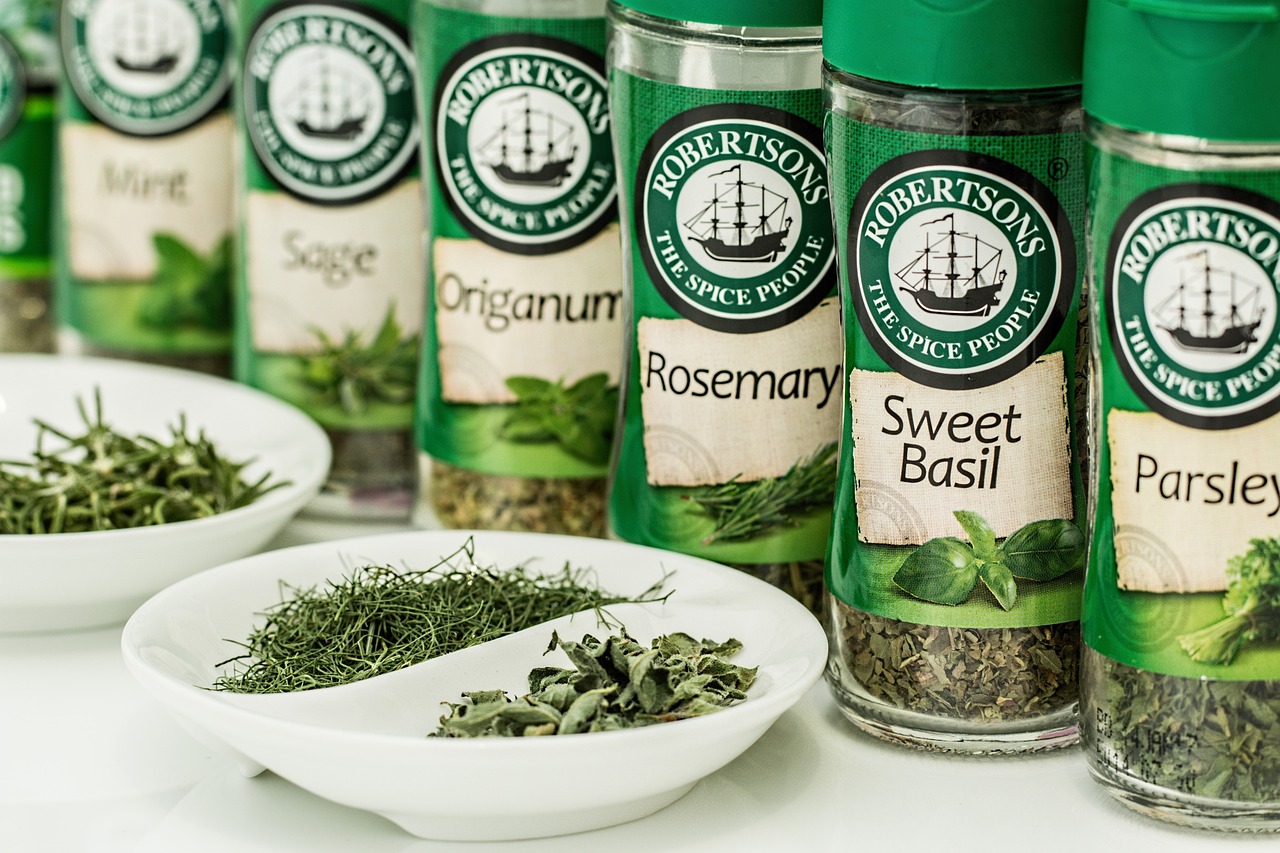 Image by Steve Buissinne from Pixabay
Image by Steve Buissinne from Pixabay
10. Not Separating Ethylene-Producing from Ethylene-Sensitive Produce
What does this mean, you ask? Ethylene is a natural gas that speeds up the process or ripening. This means that fruits like apples and bananas which produce ethylene, should be kept away from leafy greens that might spoil faster.
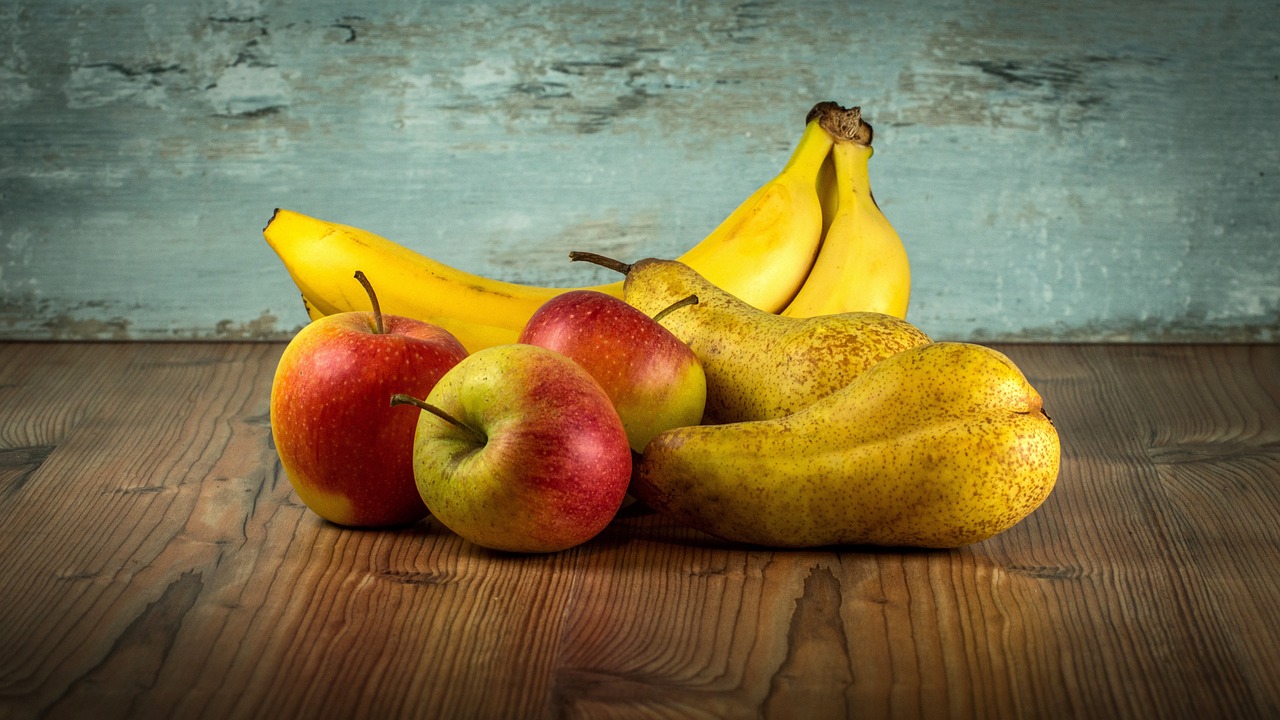 Image by Lubos Houska from Pixabay
Image by Lubos Houska from Pixabay
11. Storing Whole Grains Incorrectly
Whole grains, such as rice and quinoa, contain oils that can go rancid if left standing at room temperature for too long. This just means you should be keeping them in airtight containers, ideally in a dry and cool environment.
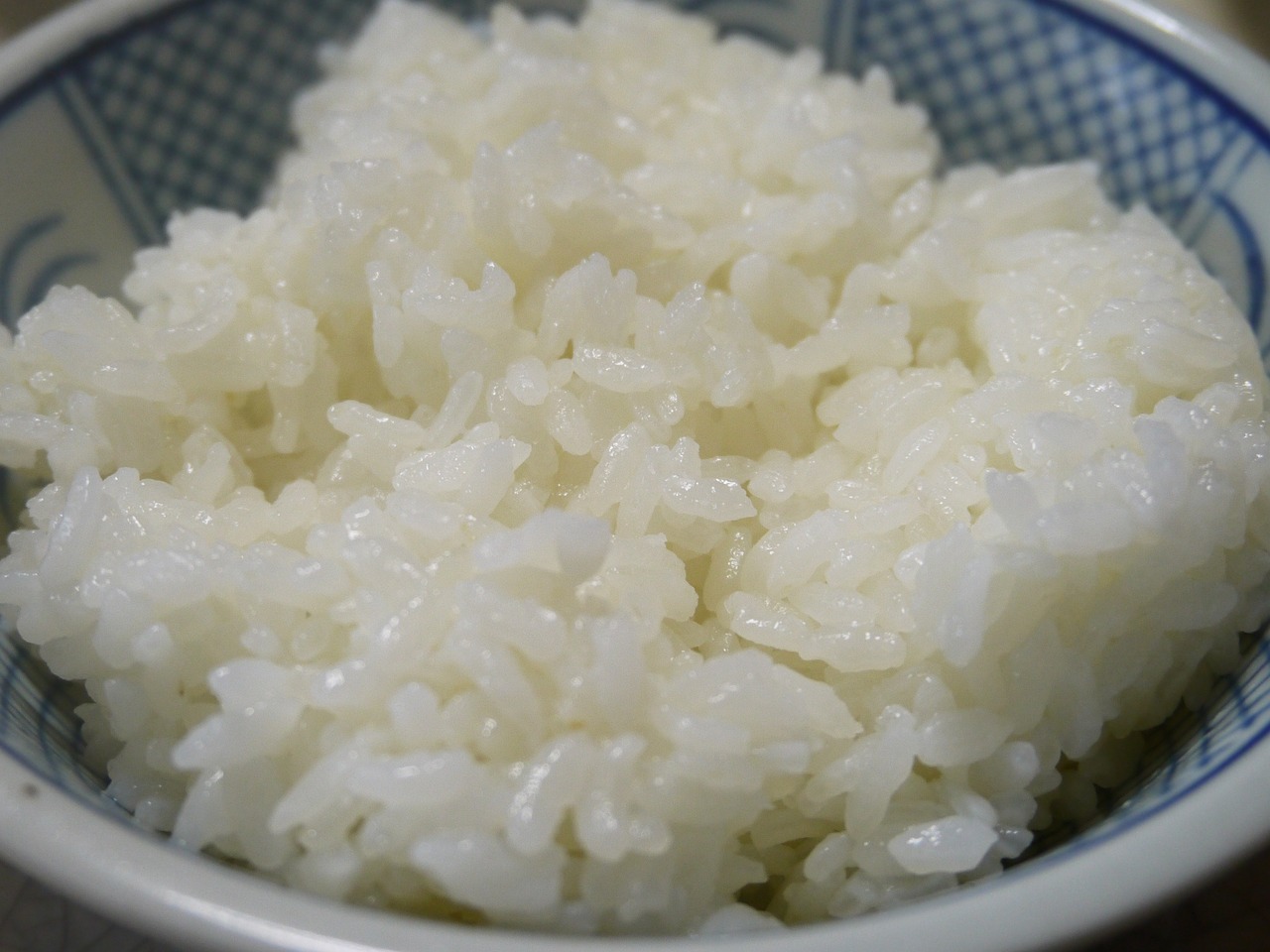 Image by Mamoru Masumoto from Pixabay
Image by Mamoru Masumoto from Pixabay
12. Improper Storage of Nuts
Similarly to whole grains, nuts also contain oils that can spoil. So to prevent them from becoming rancid, nuts should be stored in the fridge or freezer, not at room temperature.
13. Leaving Leftovers Uncovered
If you're used to storing a lot of leftovers, it's important you know how to do it correctly. Storing leftovers uncovered can lead to contamination and faster spoilage; always cover them tightly with a lid or plastic wrap to keep them fresh for as long as possible, but also to prevent the spread of odors.
14. Storing Cucumbers at Too Low Temperatures
Although cucumbers should be stored in the fridge, these vegetables are sensitive to the cold and can suffer from "chill damage" if stored in extremely low temperature. It's a good idea to keep them in the warmer parts of the fridge or at room temperature for short periods of time.
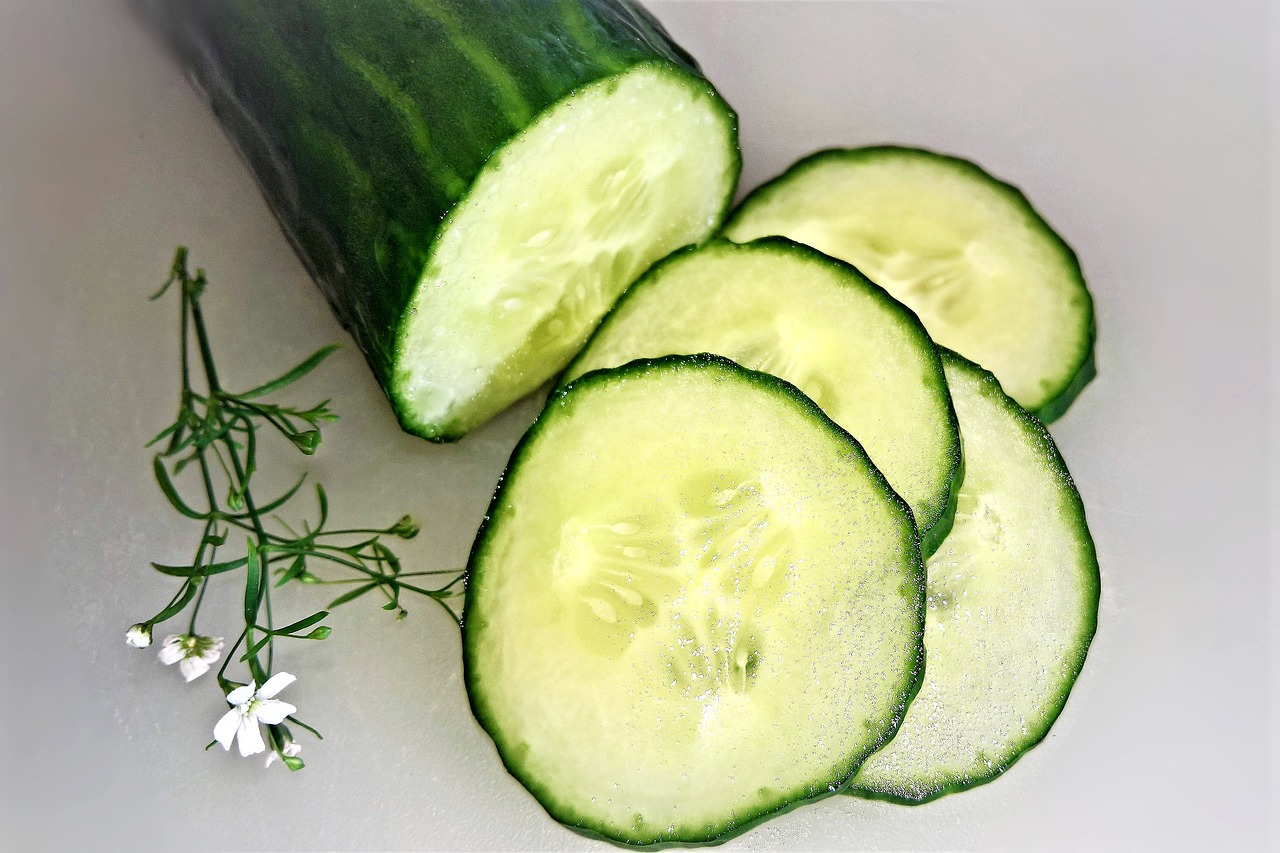 Image by ❤ Monika 💚 💚 Schröder ❤ from Pixabay
Image by ❤ Monika 💚 💚 Schröder ❤ from Pixabay
15. Not Storing Citrus Fruits Properly
Did you know citrus fruits can last longer when stored in the fridge in a mesh or perforated bag because it provides good air circulation? If you keep them in a sealed bag or at room temperature, it can lead to mold growth.
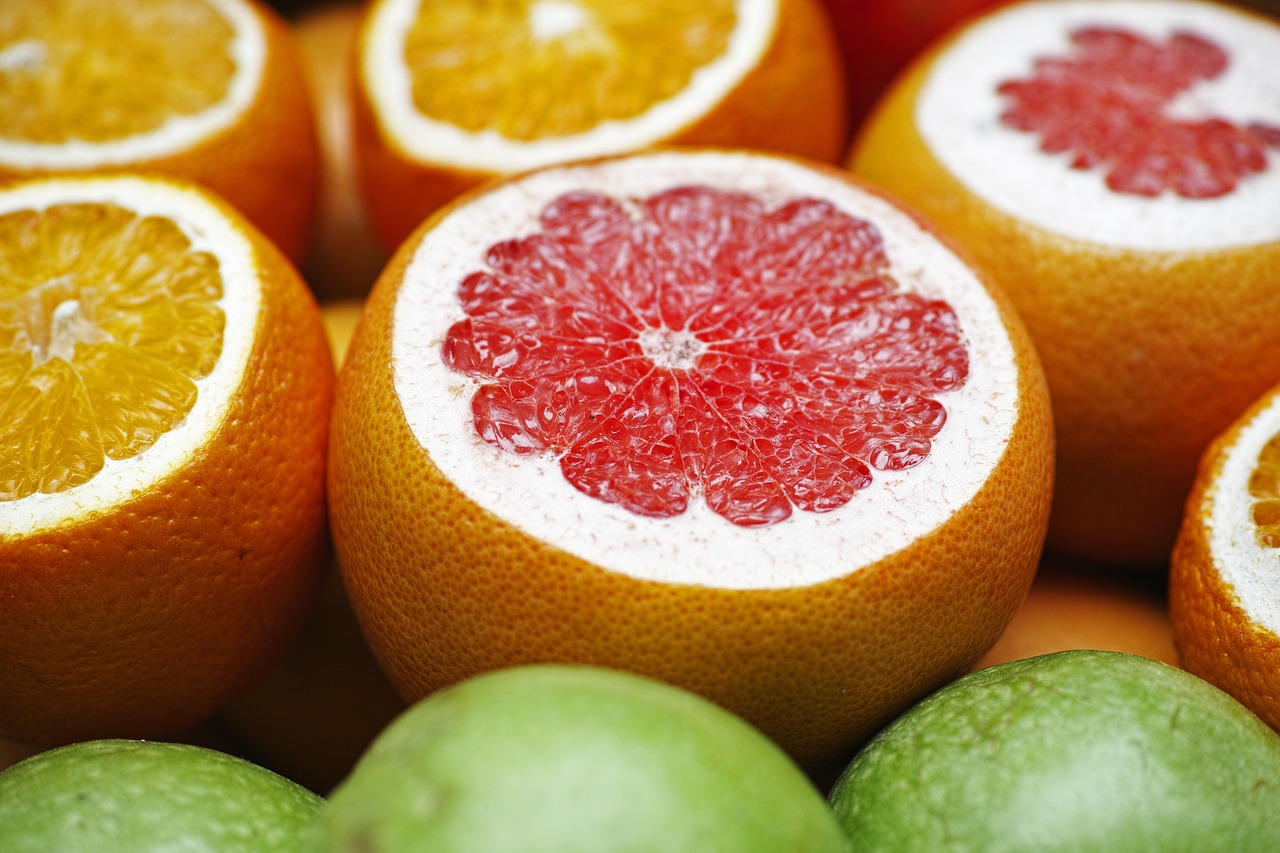 Image by Engin Akyurt from Pixabay
Image by Engin Akyurt from Pixabay
16. Incorrect Storage of Spices
Spices should be stored in a cool, dark place to maintain their flavor and prevent clumping. Exposure to heat, light, or moisture can cause them to lose potency and spoil faster.
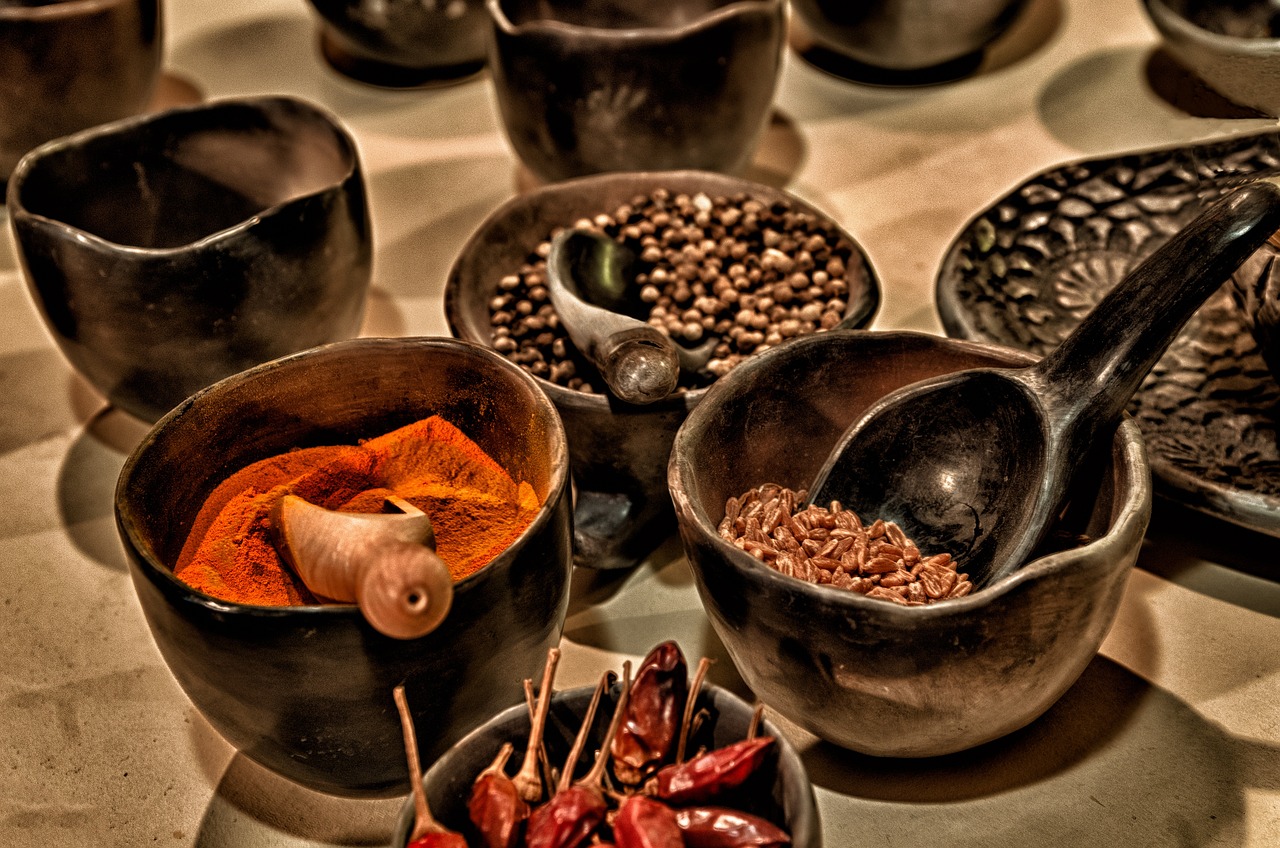 Image by Barbara Rosner from Pixabay
Image by Barbara Rosner from Pixabay
17. Freezing Foods in Glass Jars Without Enough Space
When freezing food in glass jars, it's essential to leave enough headspace for expansion. Failure to do so can result in the glass breaking as the contents freeze and expand.
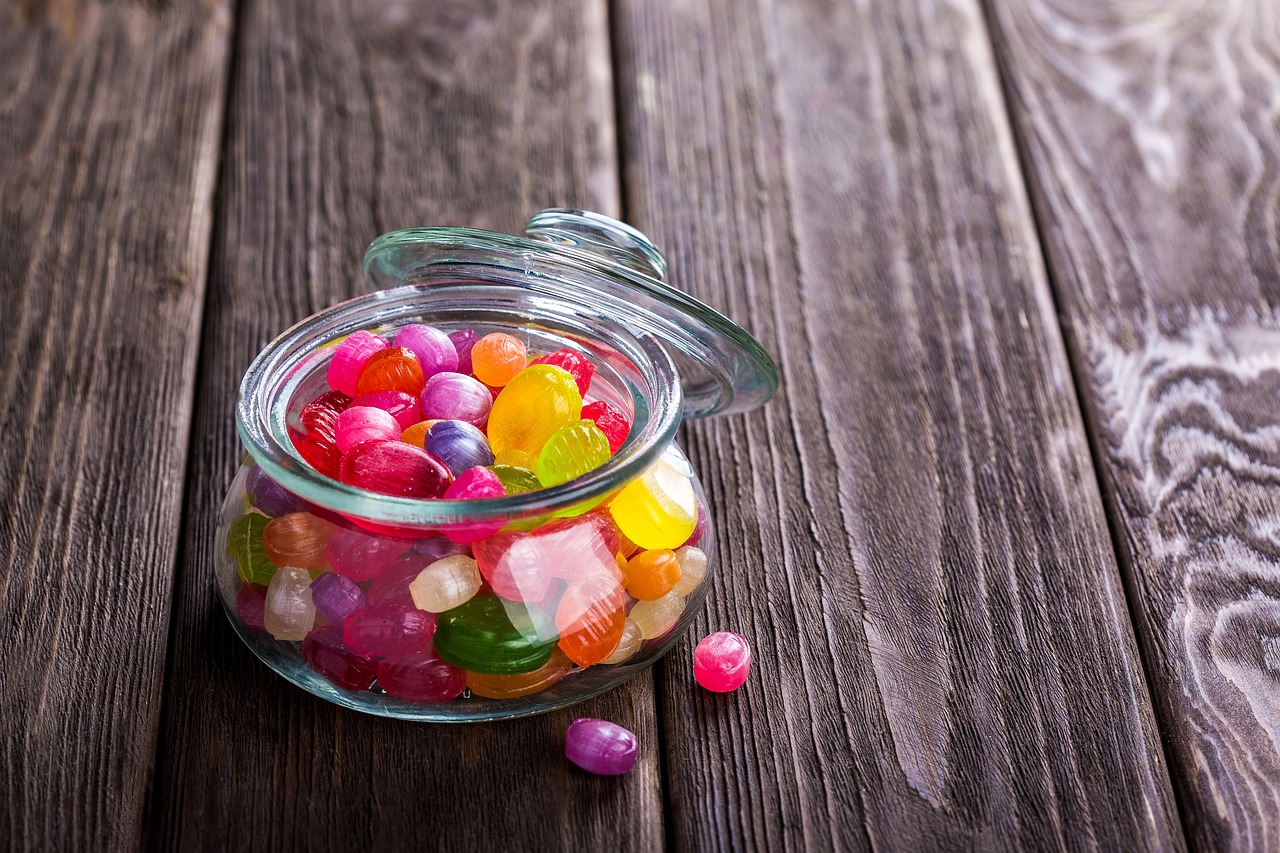 Image by Дарья Яковлева from Pixabay
Image by Дарья Яковлева from Pixabay
18. Keeping Eggs on the Fridge Door
Similar to dairy products, eggs should not be stored on the fridge door due to temperature fluctuations. They last longer when kept in the main part of the refrigerator where the temperature is more consistent.
19. Storing Open Canned Goods in the Fridge
Once opened, canned goods should be transferred to a different container before refrigerating. Storing them in the original can may lead to a metallic taste and potential contamination. We know you don't like doing extra dishes, but this is important!
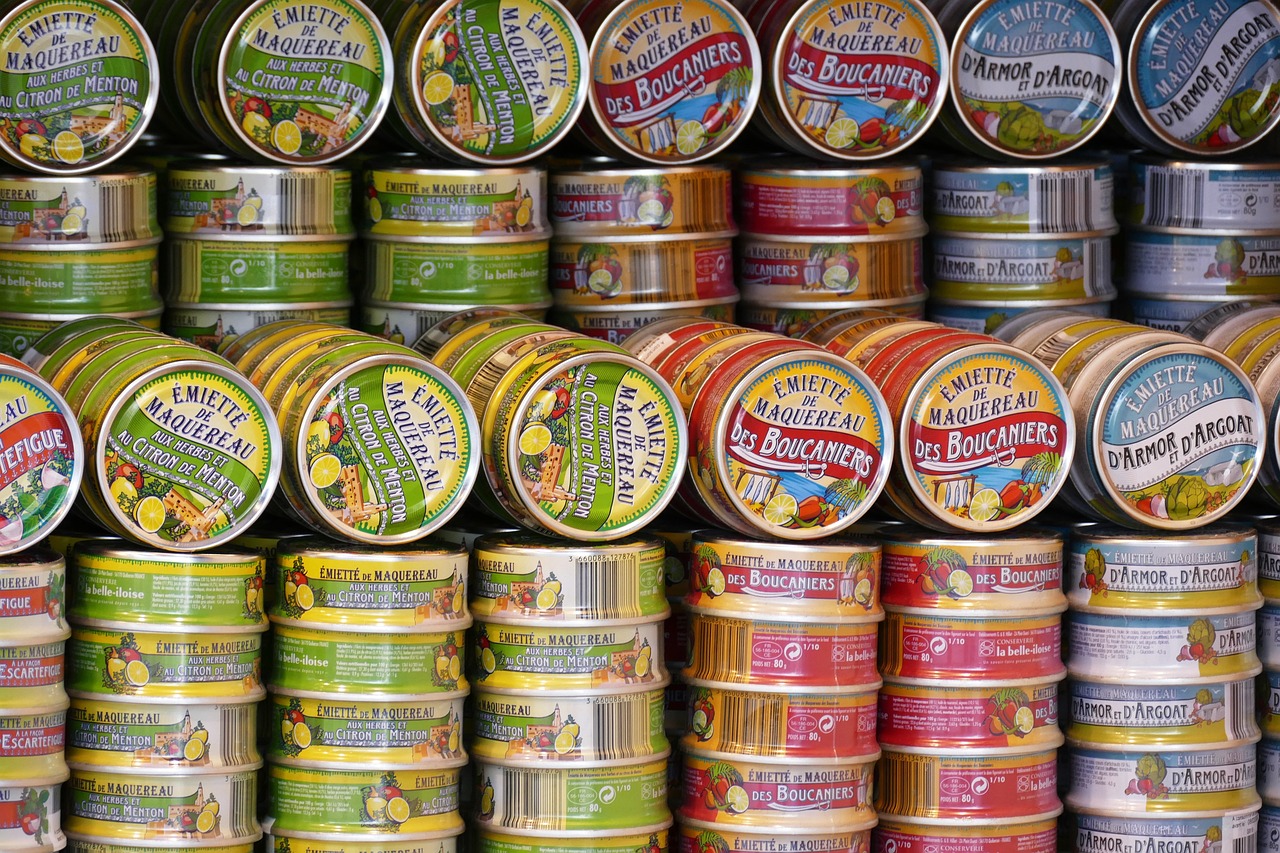 Image by heberhard from Pixabay
Image by heberhard from Pixabay
20. Not Utilizing the Crisper Drawer Correctly
The crisper drawer is designed to maintain a different humidity level than the rest of the fridge, which is ideal for fruits and vegetables. However, not adjusting the drawer settings based on its contents can lead to premature spoilage. Fruits typically require low humidity, while vegetables last longer in high humidity.
KEEP ON READING



